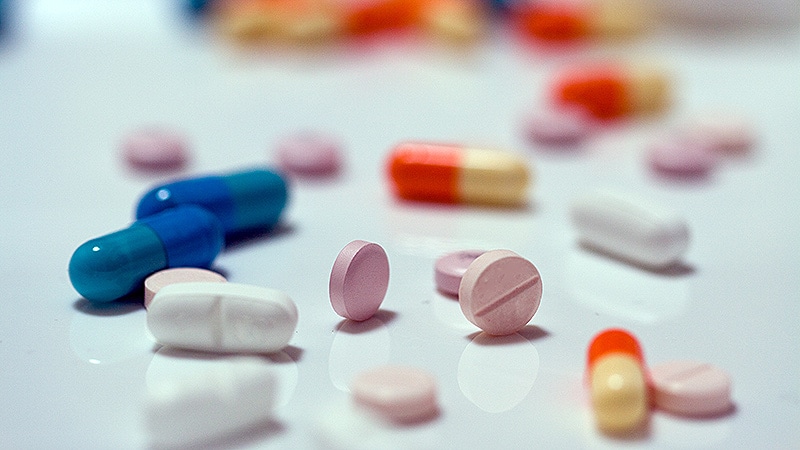Takeaway
- In patients with low 25-hydroxyvitamin D [25(OH)D] levels and arterial hypertension, high-dose vitamin D supplementation was found to have a potentially unfavourable effect on lipid metabolism.
Why this matters
- No conclusive evidence regarding effects of vitamin D supplementation on lipid and lipoprotein metabolism is available.
- Vitamin D supplements are believed to lower calcium in the intestinal lumen, thereby increasing direct fatty acid absorption and ultimately elevating the circulating triglycerides.
Study design
- Post-hoc analysis of a randomised controlled trial of 163 participants (vitamin D, n=79; placebo, n=84) with arterial hypertension and 25(OH)D levels of <75 nmol/L.
- Vitamin D levels were assessed by a chemiluminescence assay and chemiluminescence immunoassay.
- Funding: None disclosed.
Key results
- At the end of the study, 25(OH)D was 58.5 nmol/L in the placebo group and 88.1 nmol/L in the vitamin D group, respectively, and a significant treatment effect was seen (P<.001).
- Vitamin D supplementation significantly increased the levels of total cholesterol, triglycerides, very low-density lipoprotein (VLDL) triglycerides, LDL, high-density lipoprotein (HDL) triglycerides, apolipoprotein B, LDL-apolipoprotein B, apolipoprotein CII, apolipoprotein CIII, phospholipids and apolipoprotein E (P<.05 for all).
- No significant increase in LDL-cholesterol, free fatty acids, lipoprotein(a), apolipoprotein AI, apolipoprotein AII, VLDL cholesterol, VLDL-apolipoprotein B, HDL-cholesterol, LDL diameter and VLDL diameter was observed.
Limitations
- Short study duration (8 weeks).
References
References



